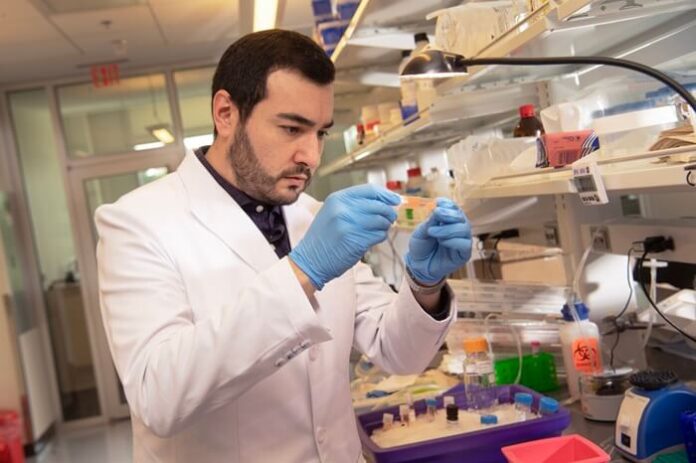

New research from Emory University reveals that autoantibodies in the nasal cavity can be used to predict the severity of COVID-19, offering the potential for more personalized treatment plans. This groundbreaking study, published in *Science Translational Medicine*, tracked 125 patients over nearly two years, finding that autoantibodies in the nasal passages were linked to less severe symptoms, better antiviral immunity, and faster recovery. Interestingly, while autoantibodies in the blood are typically associated with worse outcomes, those in the nasal cavity played a protective role against excessive inflammation.
The study suggests that nasal autoantibodies, which appeared early in infection, target an inflammatory molecule produced by the patient’s cells, likely preventing excessive inflammation. These antibodies dissipated as the body recovered, indicating that they help regulate the immune response during COVID-19.
As reported by medicalxpress, the findings also highlight the importance of focusing on the site of infection— the nose— rather than just the blood. In contrast to previous studies that focused on blood autoantibodies, this research shows that those found in the nasal cavity are linked to more efficient recovery from the virus.
In response to these findings, the Ghosn Lab at Emory developed FlowBEAT, a new biotechnology tool designed to efficiently measure multiple types of antibodies in nasal swabs. This tool can simultaneously assess viral and host antigens, offering a more sensitive and scalable method for predicting the severity of COVID-19 symptoms.
Researchers hope to extend this discovery to other respiratory infections, such as the flu and RSV, potentially revolutionizing the way we study immune responses and improve treatment strategies. Emory is also working on creating a real-time diagnostic tool using nasal swabs to help physicians make faster and more informed treatment decisions during the early stages of infection.






















